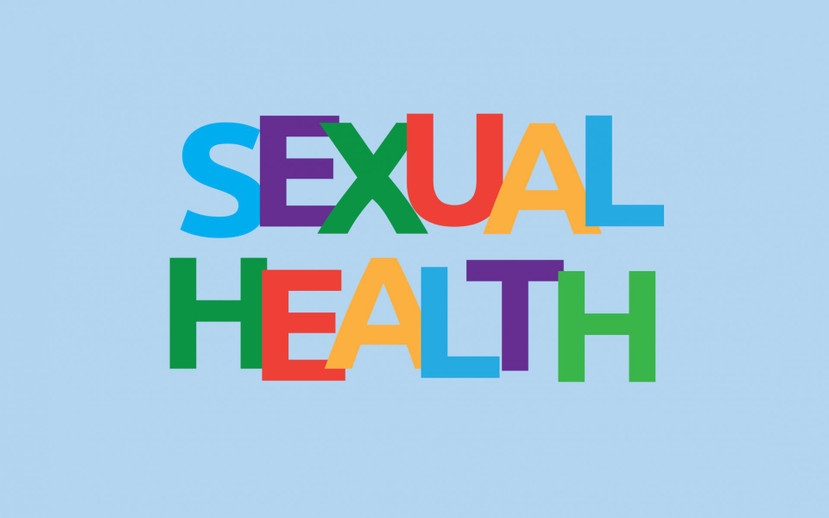There’s a popular saying that’s often repeated when something bad (non-health related) has happened to someone and it’s “Well, at least I’ve got my health.” We only have to go back a couple of centuries to find that the face of medicine looked very, very different to the one that we’re accustomed today. There were no antibiotics, x-rays, MRI scans, no cancer treatment (or diagnosis) little in the way of anaesthesia – it would only take what we would call a minor illness today to finish someone off and there was a high child mortality rate, amongst other scary things. Hence why they were so grateful to ‘have my health’. Thousands of people per year are required to have a medical examination carried out before they start a new job, or as part of a life insurance policy, or even just for their own peace of mind.
So, why is this so important? It covers only a relatively small area of the body, after all….doesn’t it?
It’s a given that most adults are sexually active, in one way or another, so this is a very important area to have comprehensively covered because of the transmission of STIs/STDs, some of which can be life-threatening. But sexual health isn’t just important to the individual, it’s important to their communities too. Poor sexual health drives up the rates of STIs and unintended pregnancy, both of which put a strain on our health services that simply doesn’t need to be there. Things to consider include:
- 1.Contraception. Statistics now show that teen pregnancy rates and abortion rates have fallen over the past decade, these statistics bring good news:‘……The under-18 conception rate has decreased for 11 years running. In 2018, there were 15,644 conceptions to women aged under 18 in England and Wales, equating to 17 conceptions per 1,000 women. This was a 6% decrease compared with 2017, and a 60% decrease compared with 2007.’ The big question is - how has this been achieved? The number of teenagers having sex hasn’t changed dramatically, so what outside influences have worked? The simple answer is education. Sex education is now far more comprehensive in the school curriculum than it used to be. Back in the day as long as you were vaguely familiar with the anatomical structure of males and females and how the sperm made its way to the egg, then all was good. Except it wasn’t, there’s a huge chunk of missing information there which is now being taught, learning about intercourse is only one small part of what schools are obliged to cover. Now there are classes about contraception, what the options are and how to choose and use your contraception effectively. And there are also classes on sex as a whole, about just starting out in your sexual life, about the emotions involved, about consent and all of this is designed to promote good sexual health. Which it demonstrably does.
- 2.STIs. The rates of transmission have stabilised, but there are some infections that are on the increase according to recent trends. The key here is: education, education, education. People need to know about what STIs are out there, how they spread and how they manifest themselves and how effective contraception prevents this spread. The infection rates on the rise include chlamydia, which is notorious for presenting with absolutely no symptoms whatsoever. Being unaware that you have it means that you are susceptible to the effects of it, which sadly include becoming infertile if left unchecked. Chlamydia is easily solved by a simple course of antibiotics – that’s the frustrating bit! It’s totally treatable. There’s one way to protect yourself against all of this sexually transmitted infections and that’s by using condoms. These are the only method of contraception which protects against pregnancy AND STIs. And with such a huge range of choice available these days (ribbed, dotted, ultra-thin, thick, pre-lubricated, etc.) means that you’re bound to find one that fits into your sexual lifestyle. It goes without saying that you should ALWAYS use a condom when you have sex with someone new, no matter how much you think you know about their previous sexual experiences. Prevention is very much better than cure in this respect, so be scrupulous about using them.
- 3.HIV. This has gone from being a death sentence forty years ago, to something which can now be treated. A reliable cure is still in the making, but largely speaking it can be controlled and have absolutely no impact on day to day life, something which was unimaginable a few decades ago. Hence there has been a big decline in diagnoses and increased testing has vastly contributed to that. Sexual health in this area also considers the challenges caused by late diagnosis.
Overall, providing a gold standard of sexual health education is the key to bringing those teen pregnancy rates down, infection rates down and encouraging people to seek medical advice straight away if they have symptoms, or think they’ve been exposed to something. It’s vital to help people to choose the best method of contraception for them, one that best suits them and their lifestyle.



